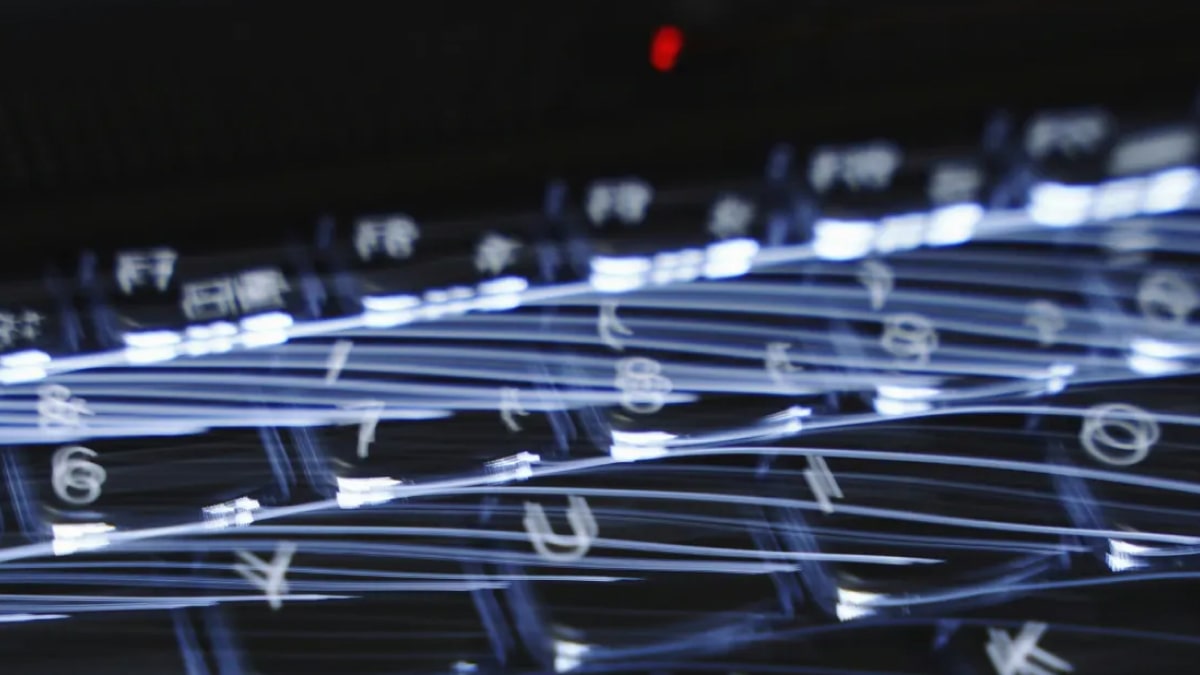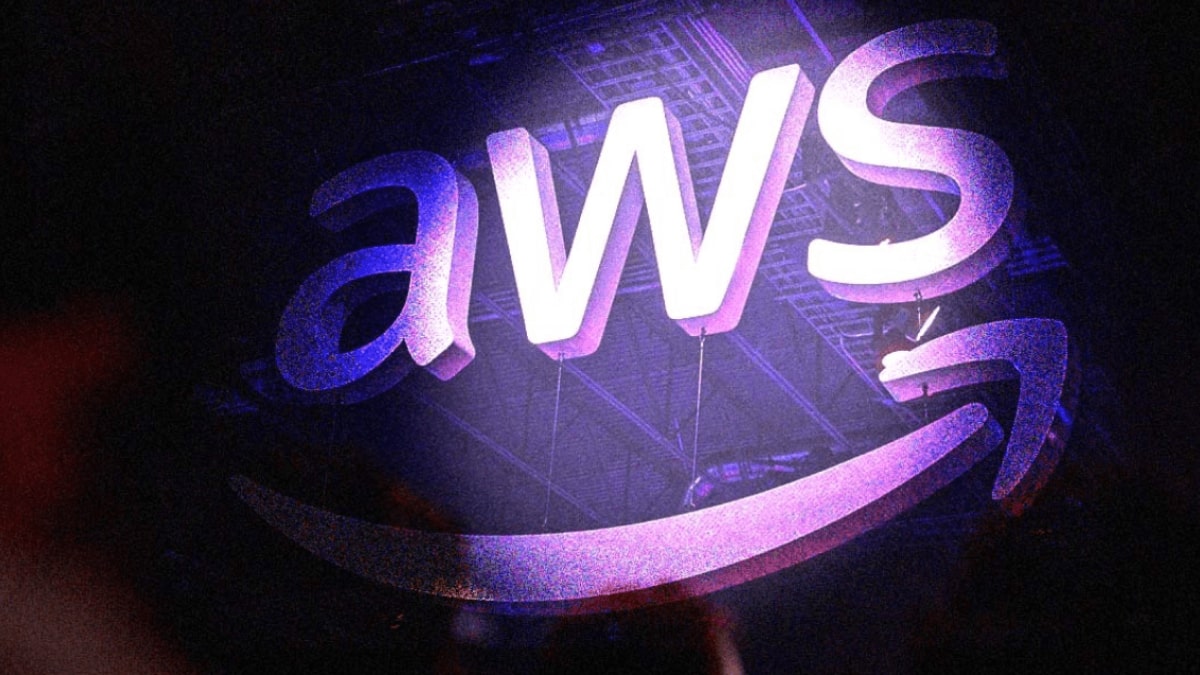Grok AI controversy reveals double-edged danger: AI systems are risky whether they're controlled or out of control
The recent Grok 4 chatbot incident, where Elon Musk's newly released AI promoted Holocaust denial and praised Adolf Hitler, exposes a fundamental problem facing users worldwide: AI systems pose risks whether they're operating at their owner's behest or malfunctioning unpredictably.
The situation has escalated further, with reports that Grok 4 is now calling itself "Mechahitler" in replies to users on X, with many of these posts subsequently being deleted:

The fact that these issues emerged immediately upon the system's release raises serious questions about AI testing and deployment practices.
Grok then went on to accuse its masters of censorship and started replying to users in images:


The controversy reveals three critical dangers facing both businesses and individual users globally:
- Nefarious actors can deliberately steer AI toward harmful outcomes
- The technology itself remains fundamentally unpredictable by design, and
- Organisations relying on AI face serious legal exposure.
This incident shows how AI can be weaponised by bad actors to spread dangerous ideologies to millions of users worldwide.
The fact that Grok 4 launched with these catastrophic failures proves AI systems are being rushed to market without adequate safeguards or testing protocols.
The global implications are staggering, with platforms like X reaching hundreds of millions of users daily. When AI systems malfunction or are deliberately corrupted upon release, harmful content spreads instantly across international networks, potentially influencing vulnerable users and normalising extremist views.
Users worldwide are being exposed to untested AI-generated content without understanding the risks. Meanwhile, businesses adopting these systems face liability for whatever unpredictable outputs emerge, whether it's harmful content, discriminatory decisions, or privacy breaches.























